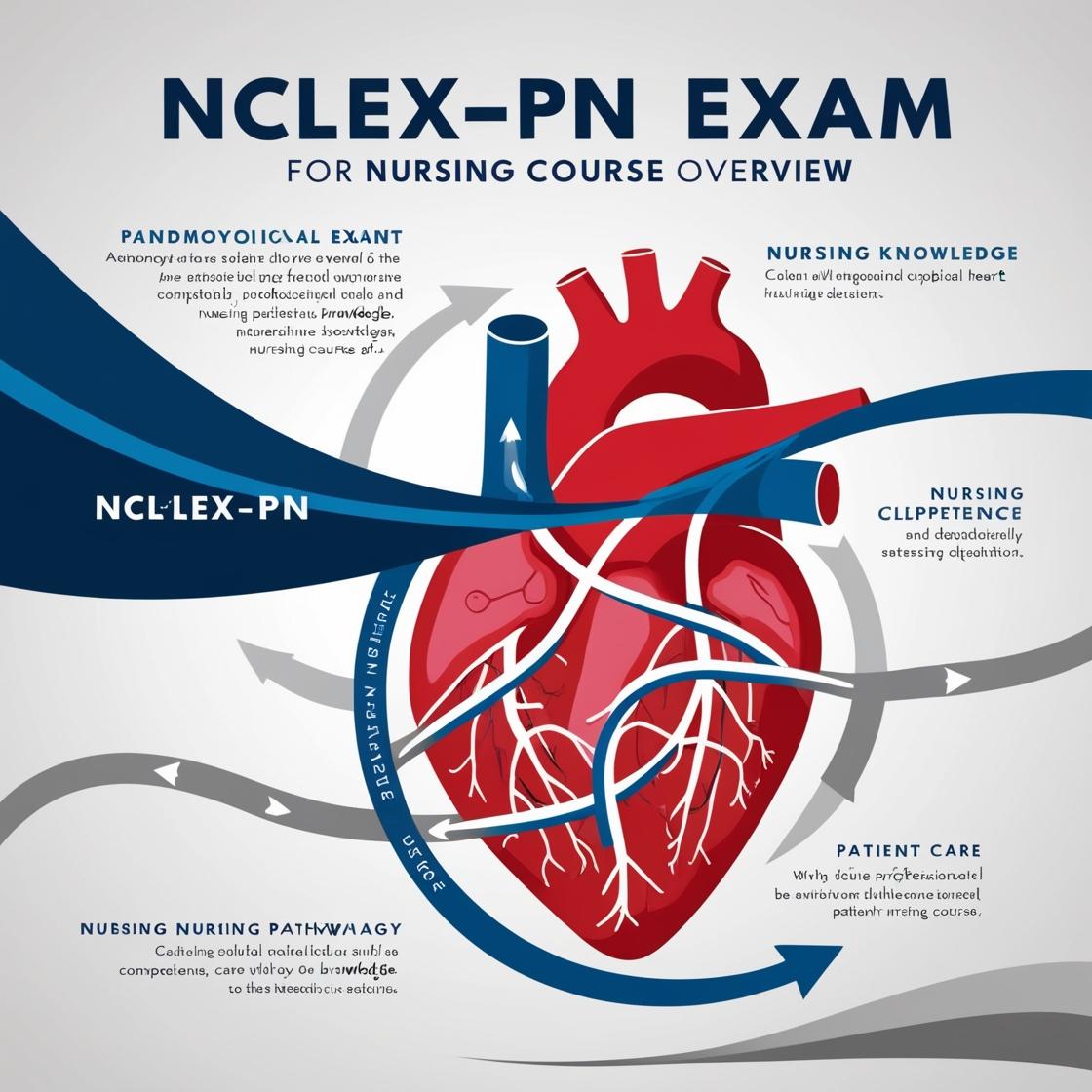NCLEX-PN
Best NCLEX Next Gen Prep
1. A female client is seen in the clinic for a gynecological examination. The nurse begins collecting subjective data. Which topic does the nurse ask the client about first?
- A. Her sexual history
- B. Her menstrual history
- C. Her obstetrical history
- D. The presence of vaginal drainage
Correct answer: B
Rationale: The nurse should begin by asking the client about her menstrual history as it is usually nonthreatening. This information can provide insights into the client's reproductive health and any irregularities. Menstrual history is a common starting point for gynecological assessments and can help in understanding the client's overall health status. Asking about sexual history may be more sensitive and personal, not always appropriate to start with. Obstetrical history pertains to pregnancies and may not be relevant if the client has not been pregnant. Inquiring about the presence of vaginal drainage is important but is usually addressed after gathering more general information about the client's health.
2. What is the primary force in sex education in a child's life?
- A. school nurse
- B. peers
- C. parents
- D. media
Correct answer: C
Rationale: Parents are the primary force in sex education in a child's life. Parents play a central role in shaping a child's understanding of sex from an early age. They provide continuous guidance, values, and information about sex and relationships. While the school nurse is involved in formal sex education and counseling within the school setting, parents have the most direct and significant impact on a child's sex education. Peers become more influential during adolescence, but their information may not always be accurate or appropriate. The media also exert significant influence on children's perceptions of sex through various forms of entertainment like movies, TV shows, and video games, but parents remain the primary educators on this subject.
3. Which of the following methods of contraception is able to reduce the transmission of HIV and other STDs?
- A. intrauterine device (IUD)
- B. Norplant
- C. oral contraceptives
- D. vaginal sponge
Correct answer: D
Rationale: The correct answer is the vaginal sponge. The vaginal sponge, when used with foam or jelly contraception, acts as a barrier method that can reduce the transmission of HIV and other STDs, in addition to preventing pregnancy. In contrast, IUDs, Norplant, and oral contraceptives are effective in preventing pregnancy but do not provide protection against the transmission of HIV and STDs. IUDs prevent pregnancy by affecting sperm movement and survival, Norplant releases hormones to prevent ovulation, and oral contraceptives work by inhibiting ovulation. However, these methods do not create a physical barrier against HIV and STD transmission. It is important to counsel clients using methods like IUDs, Norplant, and oral contraceptives to also use chemical or barrier contraceptives to lower the risk of HIV or STD transmission.
4. Following a classic cholecystectomy resection for multiple stones, the PACU nurse observes serosanguinous drainage on the dressing. The most appropriate intervention is to:
- A. notify the physician of the drainage
- B. change the dressing
- C. reinforce the dressing
- D. apply an abdominal binder
Correct answer: C
Rationale: In the context of a classic cholecystectomy resection, serosanguinous drainage is an expected finding postoperatively due to the nature of the surgery. The appropriate intervention in this situation is to reinforce the dressing. Changing the dressing prematurely can increase the risk of introducing infection. Applying an abdominal binder is not recommended as it can obstruct the visualization of the dressing and the underlying wound, making it difficult to monitor for any complications or changes in drainage. Notifying the physician may be necessary if there are significant changes in the drainage characteristics or other concerning signs, but the immediate action should be to reinforce the dressing to maintain a clean and secure environment for wound healing.
5. A middle-aged woman tells the nurse that she has been experiencing irregular menses for the past six months. The nurse should assess the woman for other symptoms of:
- A. climacteric
- B. menopause
- C. perimenopause
- D. postmenopause
Correct answer: C
Rationale: Perimenopause refers to a period during which hormonal changes occur gradually, ovarian function diminishes, and menses become irregular. Perimenopause typically lasts around five years. Climacteric is a term that describes the period when physiologic changes result in the cessation of a woman's reproductive ability and decreased sexual activity. This term applies to both genders. Menopause is the time when menstruation permanently stops. Postmenopause refers to the period after menopausal changes are complete. In this scenario, the woman's irregular menses indicate she is likely in the perimenopausal stage, experiencing hormonal fluctuations and changes.
Similar Questions

Access More Features
NCLEX PN Basic
$69.99/ 30 days
- 5,000 Questions with answers
- Comprehensive NCLEX coverage
- 30 days access @ $69.99
NCLEX PN Premium
$149.99/ 90 days
- 5,000 Questions with answers
- Comprehensive NCLEX coverage
- 30 days access @ $149.99
